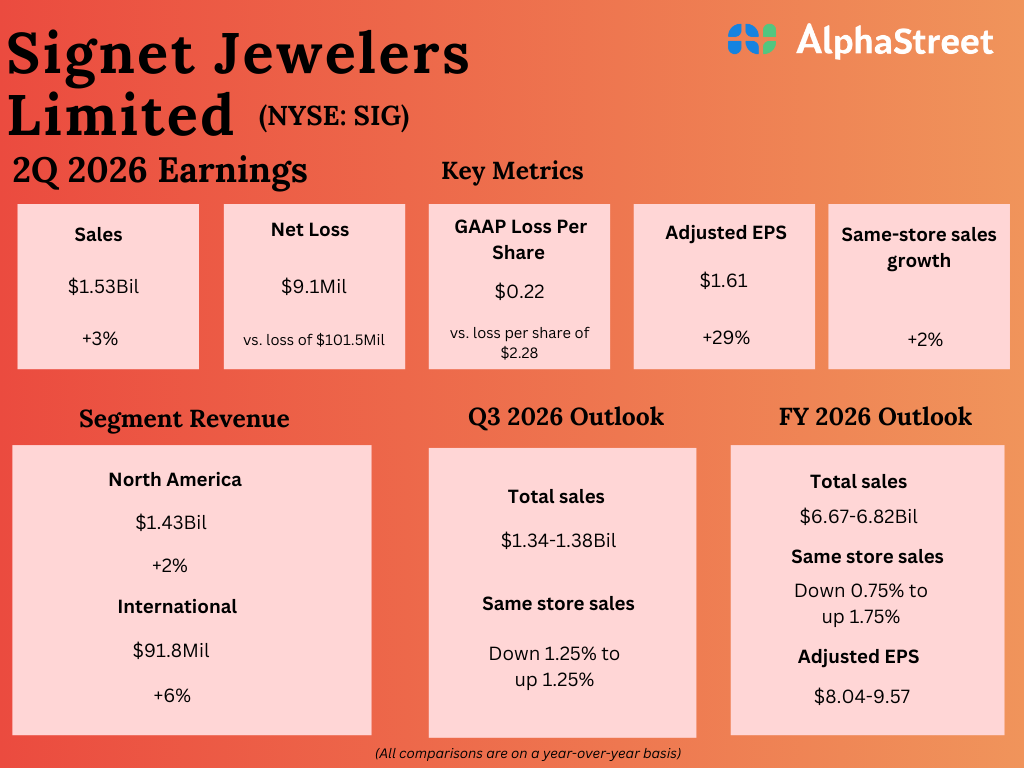James Broughel calls on libertarians to reevaluate the influence of James Buchanan, arguing several of his ideas have led them astray. An undercurrent of his argument is that libertarians have gravitated toward Buchanan because he confirms their generally negative views of government. But Broughel’s claims are based on mere assertions, deep misunderstandings of social choice theory, lack of familiarity with the public finance literature, and factual mistakes.
Confused about Cost
Broughel argues that Buchanan’s radical subjectivism about choice is fundamentally misguided:
The linked article that purports to show the dangers of thinking in terms of subjective costs is by Murray Rothbard. It does not cite or even mention Buchanan. Moreover, to call Rothbard a disciple of Buchanan is an simply incorrect. Rothbard is as much a disciple of Buchanan as Buchanan is a disciple of John C. Calhoun. The most charitable interpretation that can be given to citing Rothbard here is that Broughel picked an article that takes a radically subjectivist stance to try to illustrate his point. Admittedly, one has to get all the way to the very first volume of Buchanan’s collected works to find Buchanan’s actual critique of Ronald Coase (“Rights, Efficiency, and Exchange: The Irrelevance of Transaction Costs”).
Buchanan’s own use of radical subjectivism is very distinct from Rothbard’s. Rothbard wants to discredit a social cost approach to make way for his normative theory of property rights. Buchanan uses subjectivism to emphasize the importance of agreement in both markets and politics. He objects to Pigovian analysis because such analysis confuses preferences that are inferred by the analyst with the actual agreement of others. Standard welfare economics, for Buchanan, confuses the map for the terrain.
Moving on to the second claim above, it is hard to know which libertarians Broughel is referring to since he does not cite any. The idea that radical subjectivism commits one to a rosy view of government policies is silly. Yes, the radical subjectivist—if consistent—would take umbrage at using the term opportunity cost to refer to the consequences of policies. Opportunity costs are what individuals forego when they make a choice. No choice, no opportunity cost. But this does not stop a subjectivist from recognizing that policies can impose losses in terms of real income or wealth. Gains and losses are perfectly comprehensible without tying them to the act of choice. Hailstorms and taxes both impose losses on individuals.
Even if one dislikes radical subjectivism, Buchanan is the strangest target to go after in the subjectivist camp. Buchanan in Cost and Choice is careful to distinguish “cost in the predictive theory” vs. “cost in a theory of choice” (pp. 40-41). Cost in a theory of choice is radically subjective, which how Buchanan thinks the world really is. But at most, such a theory can only offer generalized explanations of social phenomena, or what I have called elsewhere “origin stories.” To do the predictive work of economic science, one must abstract from human subjectivity and creativity and treat humans as reacted to objectively measurable costs.
Buchanan thinks it is vital that economists pursue both of these projects, a point he reemphasizes in “The Domain of Subjective Economics” (again, in Volume 1 of the collected works). Of all the major radical subjectivist authors, he is the friendliest to the sort of work that Broughel seems to think economists should do. Buchanan recognizes the distinct contribution of subjectivist economics but counsels against staring too long into the Shackelian abyss.
Zombie Welfare Functions
Broughel also wants to raise the zombie idea of social welfare functions, both in his critique of Buchanan and in an earlier Econlib piece. I’ll consider where these arguments go awry in a follow-up post.
Adam Martin is Political Economy Research Fellow at the Free Market Institute and an assistant professor of agricultural and applied economics in the College of Agricultural Sciences and Natural Resources at Texas Tech University.
For more articles by Adam Martin, see the Archive.







































